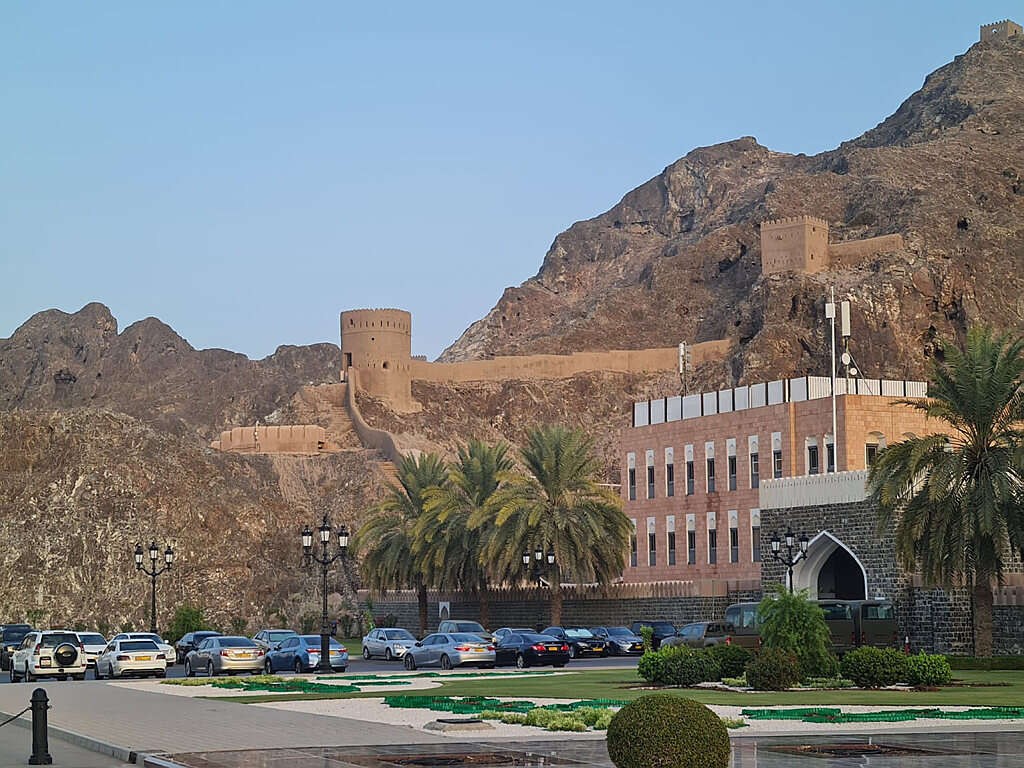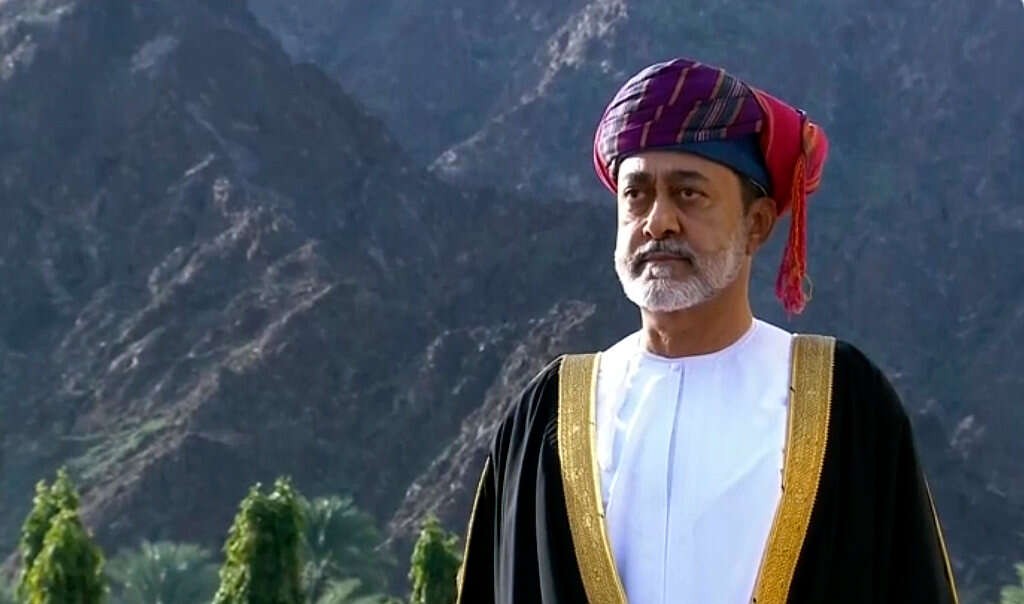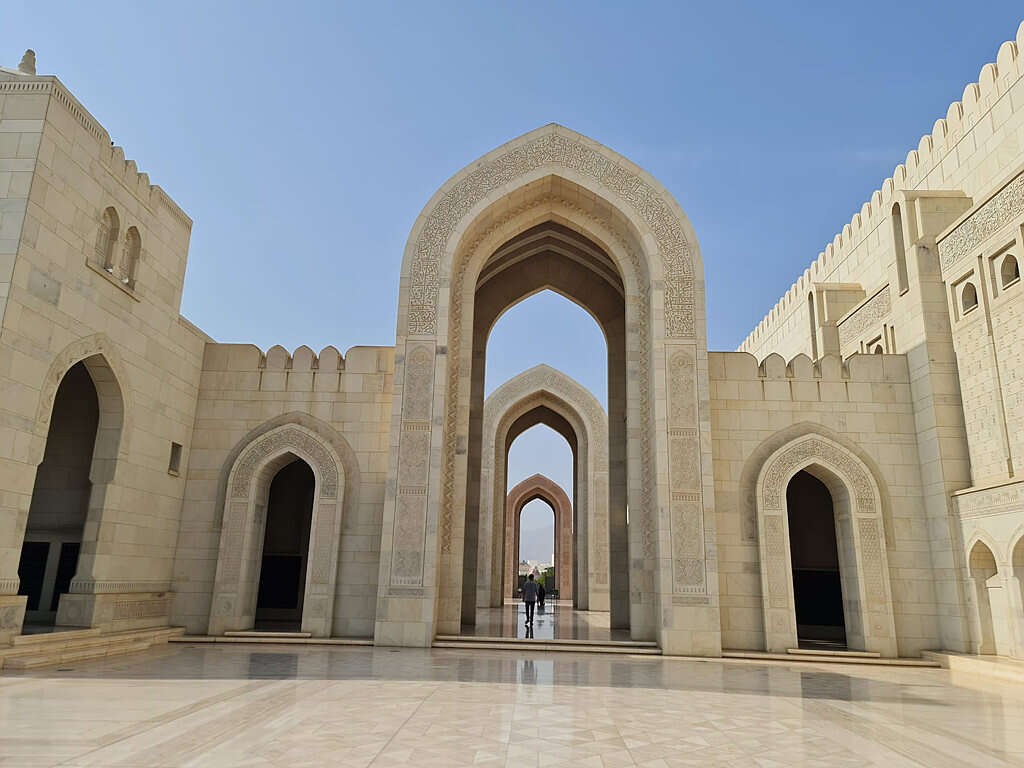Oman, a land of stunning landscapes and rich culture, has piqued the interest of travelers worldwide. Its unique blend of modernity and tradition, coupled with breathtaking natural beauty, makes it a desirable destination. However, for Israelis, the question of whether they can visit Oman is complex. This article provides a detailed overview of the current situation regarding travel for Israelis to Oman.
During a visit to Oman, a chance encounter with a local driver revealed the welcoming nature of the Omani people. This experience underscores the potential for cultural exchange and understanding that tourism can foster. Oman distinguishes itself from other Middle Eastern nations through its tranquility and courtesy.
Oman’s strategic location on the eastern part of the Persian Gulf, bordering the UAE, Yemen, and Saudi Arabia, has shaped its history and foreign policy. While it is a member of the Gulf Cooperation Council, Oman maintains a neutral stance, setting it apart from its neighbors.
 Alt: Scenic Omani Landmark with traditional architecture and desert landscape, showcasing the beauty of Oman.
Alt: Scenic Omani Landmark with traditional architecture and desert landscape, showcasing the beauty of Oman.
Oman and Israel: A Complex Relationship
Oman’s relationship with Israel is nuanced. While Oman hasn’t joined the Abraham Accords, reports suggest discreet ties have been maintained, often facilitated by Mossad. High-ranking Israeli officials, including prime ministers, have reportedly visited Oman over the years.
Recently, discussions have focused on granting Israeli airliners access to Omani airspace for eastward routes. Although initial requests were met with refusal despite Saudi Arabia’s approval, there’s optimism that this issue will eventually be resolved, possibly before major Israeli holidays.
It’s believed that external pressures, potentially from Iran, influence Oman’s decisions regarding relations with Israel. Oman’s neutrality has, in the past, made it a suitable location for covert nuclear talks involving Iran.
Current Travel Restrictions for Israelis
The absence of official diplomatic ties between Israel and Oman restricts Israelis from visiting as regular tourists. Currently, only Israelis holding foreign passports can enter Oman. This restriction is unfortunate, as Oman offers a unique travel experience, combining urban sophistication with untamed natural landscapes.
Oman’s capital, Muscat, attracts visitors arriving by car from the UAE or by air. The peak tourist season is during the winter months, when temperatures are more moderate. Many businesses adjust their hours to accommodate the heat, closing midday for a siesta.
The markets in Muscat offer an array of goods, with frankincense being a local specialty. Traditional souvenirs include curved daggers, Omani hats, and jalabiyya garments. Local culinary delights, such as dates and halwa (a sweet sesame confection), provide a taste of Omani culture.
 Alt: Sultan Haitham bin Tariq Al Said, the current Sultan of Oman, a symbol of the country’s leadership and progress.
Alt: Sultan Haitham bin Tariq Al Said, the current Sultan of Oman, a symbol of the country’s leadership and progress.
Experiencing Omani Culture and Cuisine
Omani cuisine offers a unique twist on traditional Middle Eastern dishes. Hummus has a distinctive flavor and texture, and meals often feature sheep and camel meat seasoned with Asian-inspired spices. Shuwa meat, a flagship dish, is slow-cooked in an underground oven. Fish is also a staple, reflecting Oman’s access to the sea.
Oman’s economy relies heavily on oil and natural gas. The government invests in infrastructure and public services, as evidenced by the well-maintained, toll-free motorway connecting Muscat to Salalah.
The architectural landscape of Oman reflects a commitment to preserving its cultural identity. Low-rise, light-colored buildings are common, and skyscrapers are rare. Advanced infrastructure, including irrigation and communication systems, is prevalent throughout the country.
Oman is known for its numerous castles and fortresses, remnants of its history under Portuguese and Ottoman rule. The Sultan’s palace in Muscat is a prominent landmark, symbolizing modesty and cleanliness.
Oman’s approach to Islam is moderate and conservative. While mosques are prevalent, the country is not governed by religious institutions. Alcohol is restricted in public spaces but available in hotels. Omani women have access to education, employment, and the ability to drive.
Personal security is high in Oman, and the locals generally adhere to the rules. The government invests heavily in education, providing free schooling from kindergarten through university.
Gas and groceries are relatively inexpensive due to Oman’s natural resources. Both high-end and affordable dining options are available, offering a range of culinary experiences.
Exploring Oman’s Natural Beauty
Beyond Muscat, Oman’s natural landscape is a major attraction. Despite being mostly desert, the country boasts mountains and oases. Wadi Shab, located a few hours from Muscat, features lush vegetation and clear signage.
Nizwa, southwest of Muscat, is home to the Nizwa Fort and a bustling marketplace where livestock is traded. Bahla, a UNESCO World Heritage Site, is known for its ancient wall. Picturesque mountain villages offer hiking trails and stunning views.
Oman’s strategic location has also made it a destination for meteoriticists, as many meteorites have landed in the country.
Many tourists in Oman are foreign workers, but during the winter months, the number of overseas tourists increases. Oman Air provides affordable flights to various destinations, and hotels are reasonably priced.
The Omani Rial is the official currency, and notes feature images of the Sultan, Haitham bin Tariq, and his predecessor, Qaboos bin Said.
 Alt: The Sultan Qaboos Grand Mosque in Muscat, an architectural masterpiece showcasing Islamic art and design, representing Oman’s cultural heritage.
Alt: The Sultan Qaboos Grand Mosque in Muscat, an architectural masterpiece showcasing Islamic art and design, representing Oman’s cultural heritage.
The Future of Israeli Travel to Oman
Qaboos, who ruled Oman from 1970, transformed the country into a modern, welcoming nation. The current sultan, Haitham bin Tariq, is expected to continue this legacy.
Regarding Israel, it’s anticipated that Oman will maintain its discreet bilateral ties, and the issue of overflight rights will likely be resolved. However, a significant upgrade in relations is unlikely in the near future.
For Israelis eager to explore Oman, the option of using a foreign passport remains. Oman offers a unique and surprising travel experience, distinct from other Middle Eastern countries.
In Conclusion
While direct travel from Israel to Oman is currently restricted, the situation may evolve. Oman’s unique blend of culture, history, and natural beauty makes it a destination worth considering for those who can visit. The potential for increased cooperation and understanding between Oman and Israel remains, offering hope for future travel opportunities.